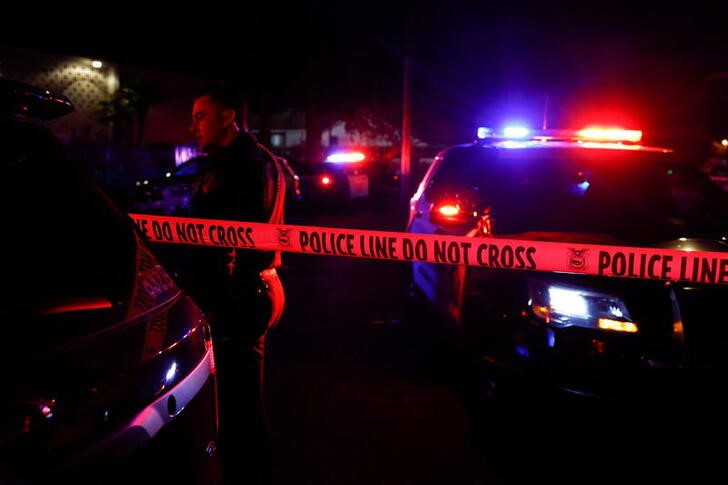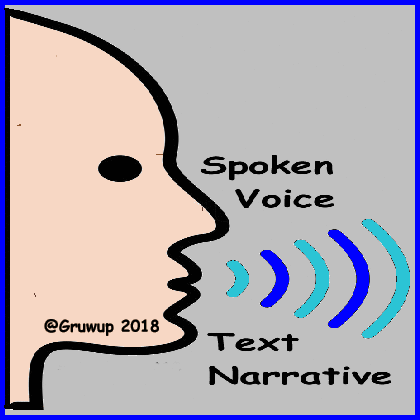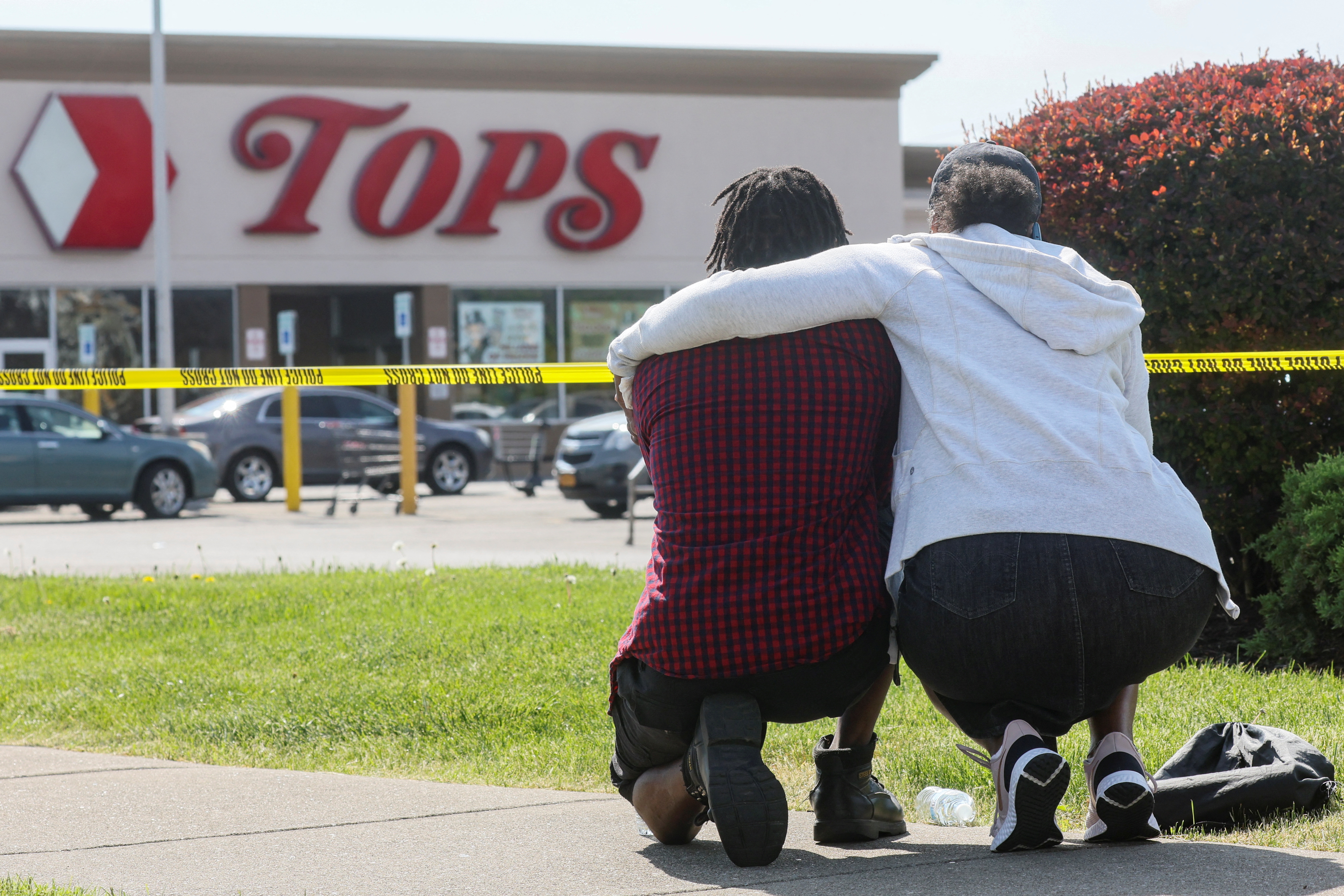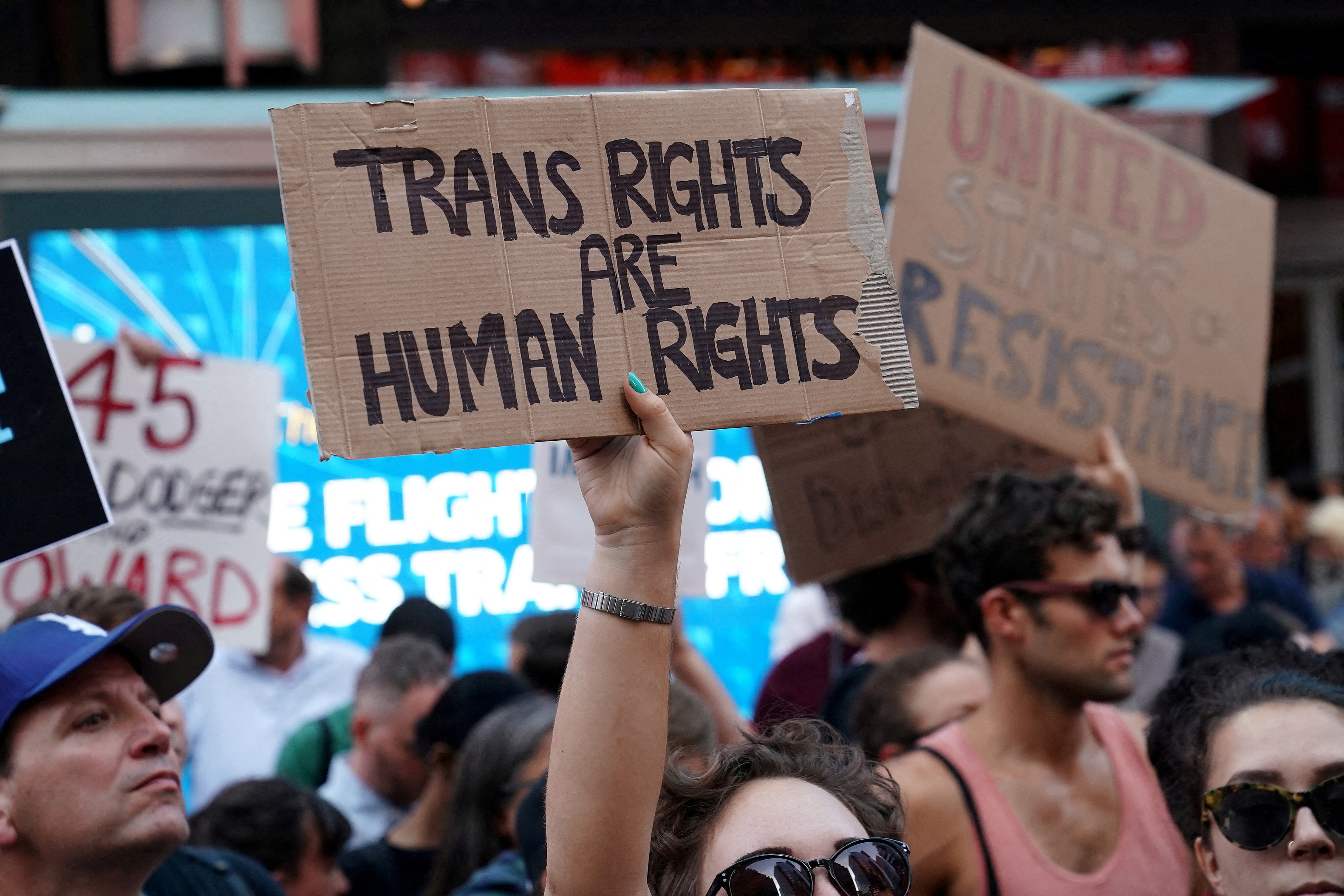Prevalence of white supremacists in law enforcement demands drastic change

REUTERS/Fred Greaves
Register now for FREE unlimited access to Reuters.com
(Reuters) - A Reuters investigation on May 6 indicates that a significant number of U.S. police instructors have ties to a constellation of armed right-wing militias and white supremacist hate groups, a report that adds to a fast-growing body of evidence showing a deadly threat inside U.S. police departments.
The analysis found that some of the instructional information presented by police trainers was explicitly racist, and that some instructors endorsed and interacted with white supremacist criminal groups such as the Proud Boys.
The investigation adds to mounting academic research, government audits and news reporting that demonstrates the pervasiveness of white supremacy in U.S. law enforcement, and a continuing series of incidents documenting the presence of extremist groups and views among law enforcement.
Register now for FREE unlimited access to Reuters.com
More and more, the evidence suggests the “white supremacist infiltration of law enforcement” that the FBI warned about back in 2006 is getting worse. And it points to a desperate need for policies – departmental and legislative – to prohibit people who engage in racist conduct or join white supremacist groups from becoming police officers or remaining on the force.
Lawmakers in Washington state, for example, enacted legislation last year that requires departments to inquire into police candidates’ ties to extremist groups and allows the state to revoke their certification if they are affiliated with those organizations, as NPR reported in November 2021. And California legislators are considering a similar measure.
The analysis by Reuters found at least 15 self-identified law enforcement trainers and dozens of retired instructors listed in a database of members of the Oath Keepers, one of several violent anti-government groups that led the insurrection at the U.S. Capitol on Jan. 6, 2021.
One of the trainers was a “constitutional sheriff” proponent, a philosophy which holds that sheriffs have ultimate power to decide what local law is, rather than simply to enforce it – and which can be traced back to a racist movement to oppose legal desegregation in the 1950s and 60s.
“The phenomenon of groupthink is known to exist in law enforcement, and ideologies and world views tend to spread,” Vida Johnson, a professor at Georgetown University Law Center who studies police culture, told me. “It’s certainly disturbing when any higher-up, and particularly a trainer, doesn’t believe everyone they’re policing and charged with keeping safe is equal."
Johnson documented the foundational relationship between American policing and white supremacy in a 2019 law review article, going back to its origins in slave patrols, and drawing a clear through-line to the present.
The article describes a continuing “epidemic of white supremacists in police departments,” citing a litany of examples of explicit police racism through the decades, including reporting that exposed police officers’ membership in the Ku Klux Klan in Texas in 2001, and in Florida, in 2014.
A federal judge in Los Angeles found that local sheriff's deputies were involved in a neo-Nazi, white supremacist gang that targeted Black and Latino people more than 25 years ago, in 1991, Johnson said. Yet Los Angeles is still dealing with racist gangs in its police department even today.
“There have been scandals in over 100 different police departments, in over 40 different states” involving explicit police racism, Johnson wrote in 2019.
Johnson published additional research this year, in the wake of the Jan. 6 attack at the Capitol, documenting even more “high-profile instances of explicit racial bias” by cops that emerged in just the year or so following the 2019 article, including police officers in Wilmington, North Carolina, who inadvertently recorded themselves in 2020 fantasizing about murdering Black residents during a race war.
A number of additional high-profile examples of explicit police racism have emerged even in the few months since Johnson's article was published earlier this year. Government investigations released just last month found widespread racism, bigotry and anti-immigrant sentiment within the Minneapolis Police Department and in police agencies across California, for example.
The threat has also been widely acknowledged since at least 2006 by the federal government -- which is currently working to address its own white supremacy problem in immigration agencies and the military.
The FBI said last year that the top domestic violent extremist threat facing the U.S. is from "racially or ethnically motivated violent extremists, specifically those who advocate for the superiority of the white race."
Yet few law enforcement agencies have policies that specifically prohibit joining white supremacist groups or extremist militias, and police departments usually respond to bias with a slap on the wrist, according to a 2020 report on explicit racism in police departments by the Brennan Center for Justice.
The success of Washington state's new policies will depend in large part on how police departments react. Other efforts to empower agencies to fire officers with discriminatory or anti-government views have met resistance from police unions, The New York Times reported in May 2021.
Still, enacting laws and internal policies that make it clear that explicit discrimination and membership in hate groups is incompatible with the duties of a police officer is a necessary first step.
Register now for FREE unlimited access to Reuters.com
Our Standards: The Thomson Reuters Trust Principles.
























